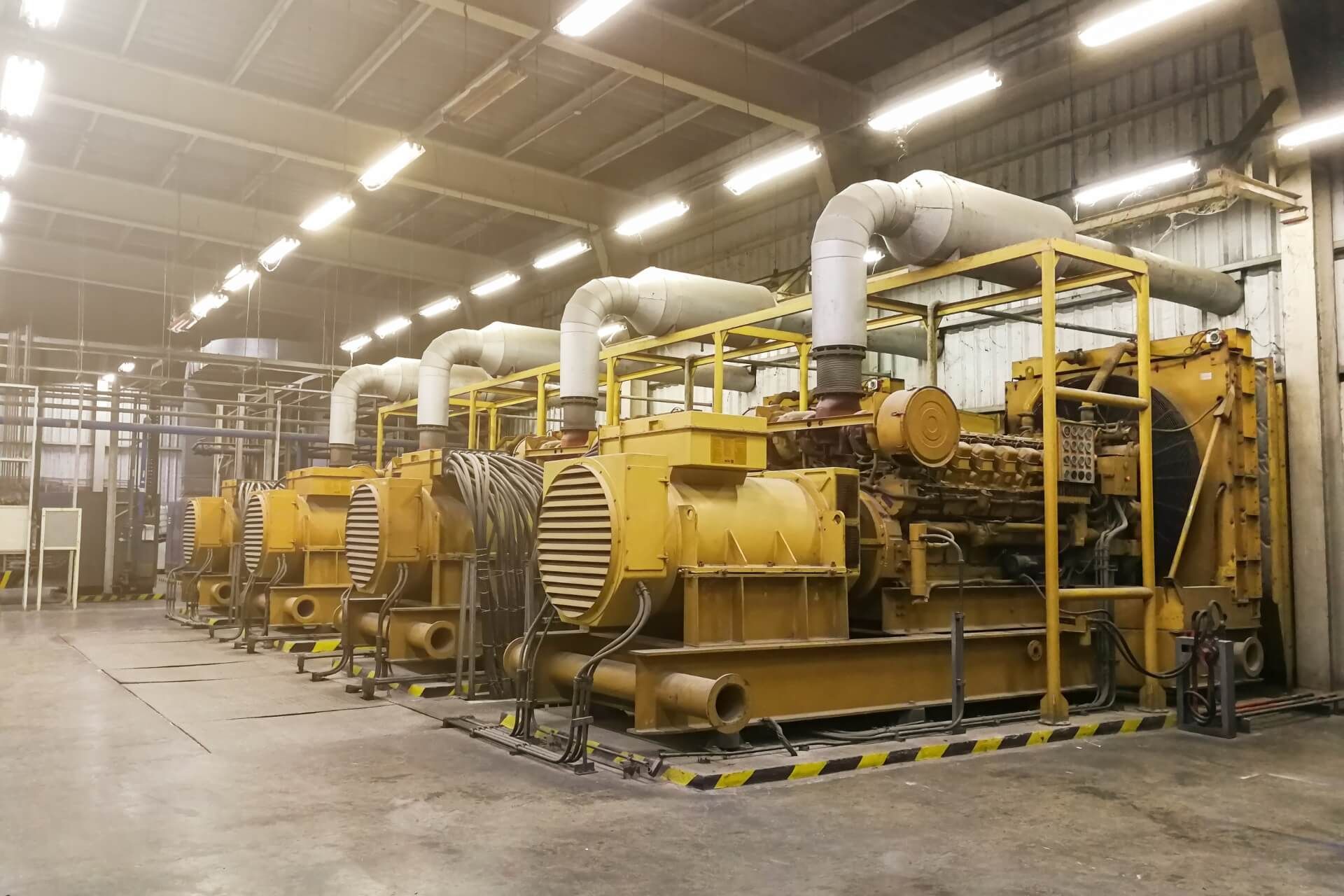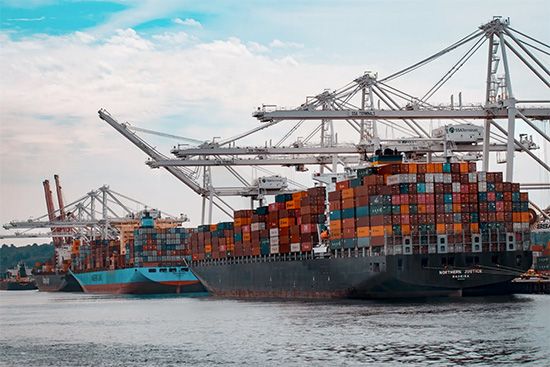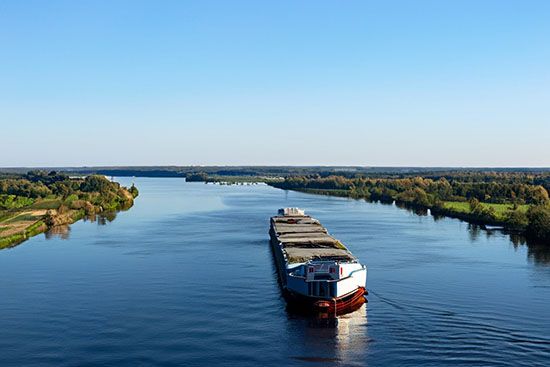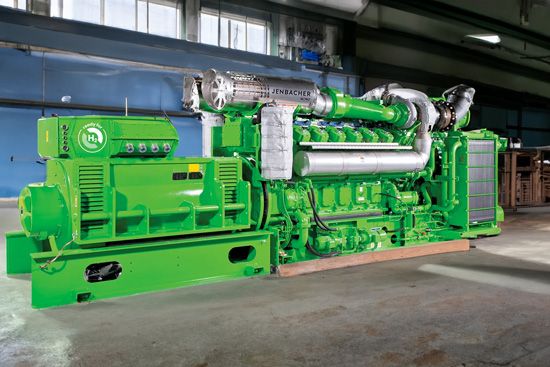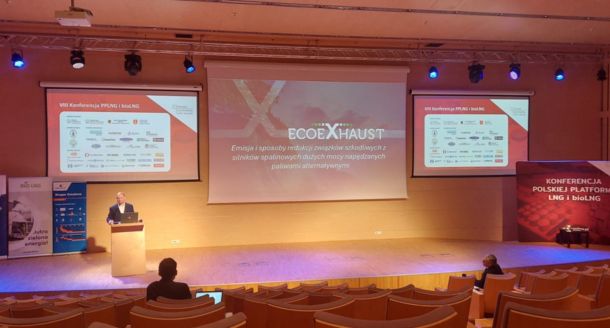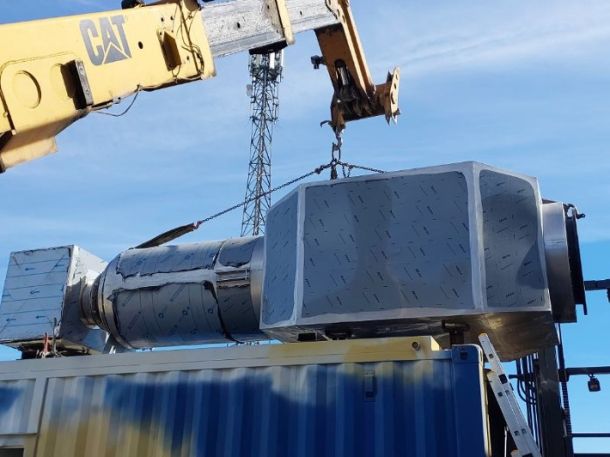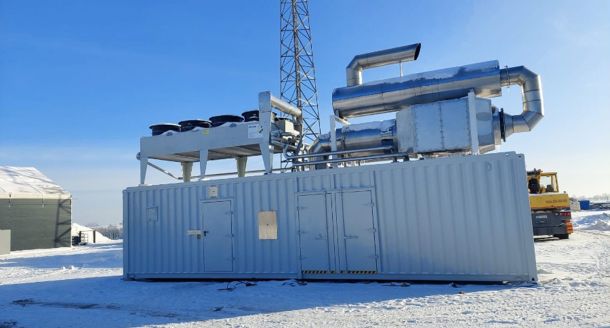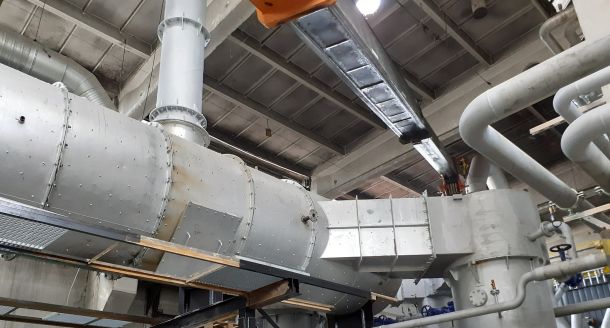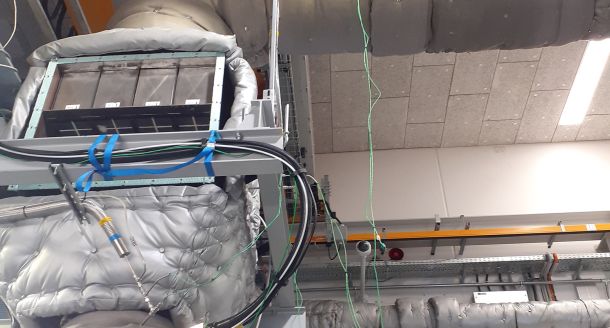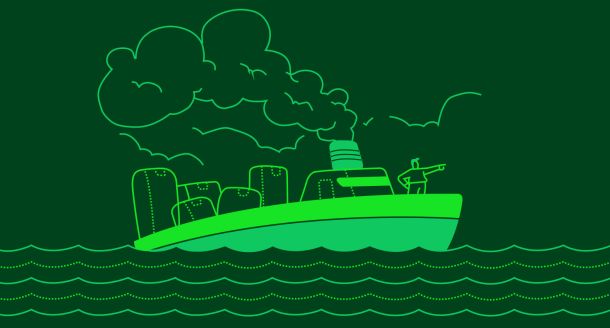Exhaust aftertreatment systems
Our mission is to reduce harmful compounds from exhaust gases in both fossil and non-conventional fuel applications (i.e. biomass, biogas, hydrogen, ammonia).
Ecoexhaust helps reduce exhaust gas emissions. As a team of experienced engineers, we design and supply advanced exhaust gas after-treatment systems that meet stringent emission standards. Our solutions effectively address harmful compounds such as nitrogen oxides (NOx), particulate matter (PM), and carbon monoxide (CO).
Ecoexhaust expertise lies in SCR (Selective Catalytic Reduction) and DPF (Diesel Particulate Filter) systems for engines powering ships, locomotives, generator sets, and applications like waste incineration plants, furnaces, and boilers. These systems achieve remarkable results, reducing NOx emissions by up to 97% and particulate matter by 98-99%.
We ensure compliance with directives such as IMO Tier III for marine engines, Stage V for inland waterway vessels and locomotives, and the MPCD (Medium Plant Combustion Directive) for stationary sources.
SCR & DPF systems are the most effective in meeting these strict emission limits.
Our SCR and DPF systems are customized to work with the following engine brands: Anglo Belgian Corporation, Baudouin, Bergen, Caterpillar, Cummins, Deutz, Volvo, Scania, MAN, Wartsila, Mitsubishi, Yanmar, Weichai, Perkins, MWM, Jenbacher, Hitachi, GE, Detroit, FPT, MTU, Kubota, and many others.
See our solutions
The systems we design help to meet stringent standards while making a strong contribution to improving the environment.
Ecoexhaust provides modern solutions for industries such as:
- power generators
- marine
- inland schipping
- greenhouses
- cogeneration
- data center


Latest news
Exhaust gas cleaning systems – how we operate?
The use of SCR and DPF technology in the marine industry allows for the reduction of toxic agents in the atmosphere. SCR systems also meet the new regulations of the International Maritime Organisation IMO, which has introduced the Tier III nitrogen oxide (NOx) emission standard for newly built vessels in special zones (ECA) such as the Baltic Sea, the Mediterranean Sea, and the coast of the United States since 2016. Ships that choose to operate around the world must therefore equip themselves with systems to enter ECA zones. DPFs, on the other hand, are installed on vessels operating in coastal areas where, due to the proximity of urban areas, special attention is paid to inhaled air quality. Crafts such as passenger ferries, supply vessels, pusher craft, and dredgers with DPFs installed, in addition to contributing to improved air quality in many port cities, can count on reductions in parking fees.
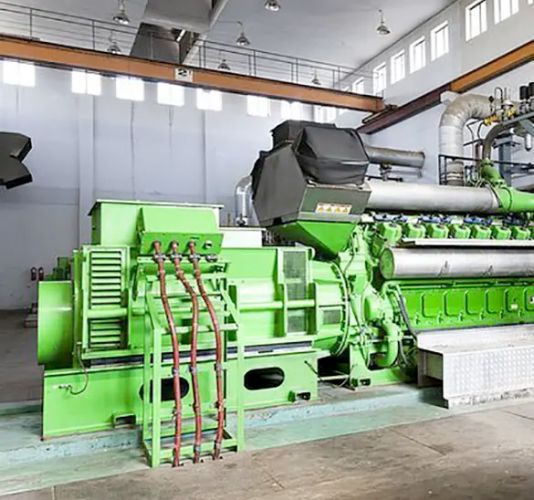
Contact us
Our team is happy to answer any questions.
Our partners
We work with the best and are still looking for cooperation partners





Contact
-
Bruzdowa 106a/13
02-991 Warsaw
woj. mazowieckie
Poland -
+48 506 508 330
+48 600 501 050 -
info@ecoexhaust.eu
